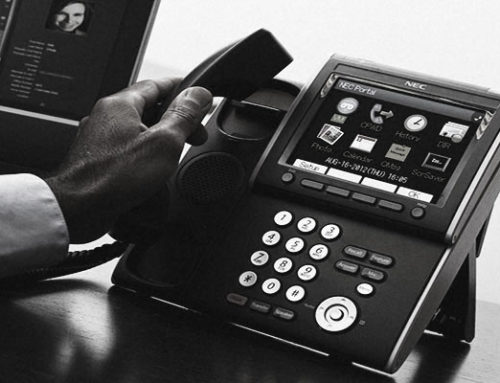Every case that involves a client who sustained physical injury in one way or another requires attorneys to request their medical records from treating physicians or hospitals in order to show the diagnoses they have and the treatment received.
By law, every patient has the right to receive their medical records and should be able to obtain their records in a prompt manner without fees being marked up for a profit and no unnecessary charges from the hospital or the records company.
Over the past decade, a whole industry has developed around the “business” of trying to rip patients off when they try to get their medical records. In some cases, health care providers outsource this “business” to third-party companies, and at times, hospitals and health systems get in on the scam, as well.
Federal law is clear: a patient has the “right to obtain from [their health care providers] a copy of [their medical records] in an electronic format,” and that health care provider is allowed to bill “only the cost of…[c]opying, including the cost of supplies for and labor of copying.” This is all part of the Health Information Technology for Economic and Clinical Health Act (HITECH Act).
Everyone is looking to make a profit. If a hospital wanted to do the right thing, then whenever a patient requested records, the hospital would send them a CD in the mail with a fair bill, one that would usually be less than $50, but never exceeding $100. But if they charge “only the cost” of copying electronic records to a CD, they wouldn’t make any money! A number of these entities have a policy that when a patient requests their records, the hospital then bills the maximum it possibly could.
In order to bill the maximum, the hospital always assumes (even if the patient requests otherwise) that the patient wants paper copies, which would entail the hospital printing a copy of what it has on their computer. This is because the HITECH Act does not cover the cost of paper copies; state law does, and the lobbying groups for doctors and hospitals have a lot more influence in the State Department of Health when it comes to allowing scams that go unnoticed. For example, in Pennsylvania, printed copies of medical records can go for up to $1.44 per page. In New York, it is $.75 per page. In Texas, $30 for your first ten pages, then $1 per page and a graduated scale thereafter. And those are just a few examples.
If an attorney requests these records, and specifically points out that only an electronic copy was requested, and that the charges for paper copies are illegal, the hospital often tries to get away with another trick, claiming the HITECH Act’s medical records billing limits apply only to requests directly from the patient that are going straight to the patient, and so they don’t apply to us lawyers, even though we’re requesting them for the patient, at the patient’s request.
Of course, this trick is morally and legally wrong: as the Department of Health and Human Services made clear, “The final rule adopts the proposed amendment Sec. 164.524(c)(3) to expressly provide that, if requested by an individual, a covered entity must transmit the copy of protected health information directly to another person designated by the individual.”
So much time is wasted trying to pry our client’s medical records out of the hospital’s greedy hands, in spite of the law’s clarity.
This is not about trying to save the law firm a few bucks because the cost of the records is reimbursed from the settlement. The point is that the “records-cost-padding” from the healthcare industry needs to be stopped.
Below is a sample letter that may prove very helpful when requesting medical records. If they don’t follow the law after receiving such a letter, file a complaint with the Department of Health & Human Services’ Office of Civil Rights for Health Information Privacy.
Sample Letter:
I represent the above-named patient of yours, and as shown by the enclosed authorization, they have authorized you to produce their medical records to me. Pursuant to the HITECH Act, 42 U.S.C.A. §17935(e)(1), and its implementing regulations, 45 CFR 164.524(c)(4)(i), we are requesting, in an electronic format only, a complete copy of the patient’s medical records from [insert date] to [insert date]. Please be aware that the HITECH Act applies to requests by third-parties, like our law firm, just the same as it applies to requests by patients: “if requested by an individual, a covered entity must transmit the copy of protected health information directly to another person designated by the individual.” Federal Register January 25, 2013 Vol 78 No. 17, Page 5634.
The records should include, if applicable, their Hospital admission face sheet; Discharge summary; Admission history and physical; Progress notes; Orders; Consultation; Radiology reports; Lab values; Graphic vital signs; Anesthesia record; Operative reports and notes; Pathology reports; Recovery room; Nurses notes; Medication records; Outpatient records; Emergency room records; Special diagnostic tests; and Fetal strips.
We are not requesting paper copies. Do not bill us for paper copies. The HITECH Act and its regulations do not allow you to bill for paper copies when an electronic copy has been requested. I will not hesitate to file a complaint with the Department of Health & Human Services (HHS) if you violate the law by improperly applying the paper copies rate for electronic records.
If any of the above records are available only as paper copies, and have never been made into an electronic format, please identify the record and provide the cost of copying.
Please fax, email, or call us with the amount you intend to charge before sending the records. If you send us a bill for paper copies of electronic records, you should expect that we will file a complaint with HHS. If you follow the HITECH Act, we will pay our bill promptly.
For more information, contact us at (866) 473-7747. Feel free to comment on this blog post.






Leave A Comment